Vinyl wrapping has become one of the most popular ways to customize a vehicle’s appearance. The cost to vinyl wrap a car depends on different factors like, Size of car, Product quality, etc. It can be done quickly without a permanent paint job. Whether you’re looking to give your car a fresh look, protect its paint from UV rays, or increase its resale value, vinyl wrapping offers a wide range of options to cater to all your needs.
In this article, we’ll explore the factors influencing the price of a vinyl wrap and help you decide whether it’s a suitable investment for your vehicle.
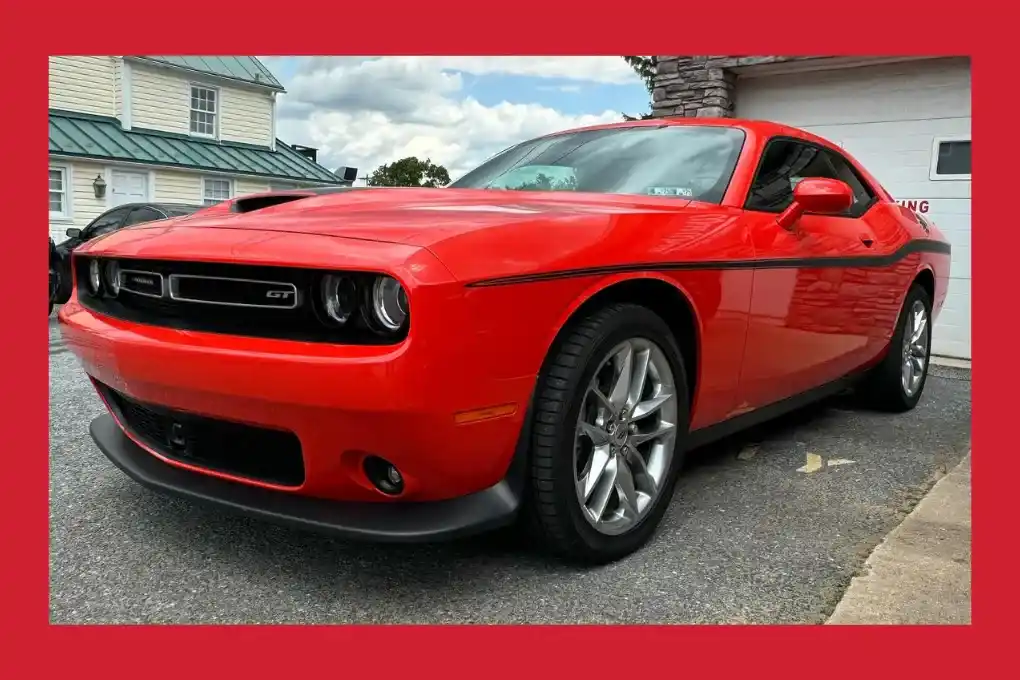
What Is Vinyl Wrapping?
Vinyl wrapping covers a vehicle’s surface with high-quality vinyl material, giving it a new look or protecting its original paint. Unlike a permanent paint job, a vinyl wrap can be removed later, allowing you to return the car to its original state or apply a new design.
Many people choose vinyl wrapping as an alternative to painting because it’s less expensive, offers more customization options, and protects the car’s paint from external factors like UV rays and road debris.
Depending on your preferences, wrapping a car can also give it a glossy, matte, or textured finish.
Factors affecting the Cost to Vinyl Wrap a Car:
The cost of wrapping a car varies significantly depending on several factors. Let’s break down the key factors determining the final price of vinyl wrap.
- Size and Type of the Vehicle:
The size of your vehicle plays a significant role in determining the overall car wrap cost. Wrapping a small coupe will be much less expensive than wrapping a large SUV or a truck. This is because larger vehicles require more wrapping material and labor to complete the job.
Additionally, complex shapes, curves, and body lines can make the installation process more challenging, increasing labor costs. The cost will also depend on whether you opt for a full or partial wrap, such as wrapping just the hood, roof, or doors.
- Type and Quality of Vinyl Wrapping Material:
The type of vinyl material you choose will also affect the price. High-quality vinyl, such as 3M or Avery Dennison, is more expensive but offers better durability and a longer lifespan. Cheaper vinyl may save you money upfront, but it won’t last as long and may start to peel or fade after a few years.
Different finishes are available, including gloss, matte, satin, chrome, and carbon fiber. Each finish comes with a different price point, so it’s essential to consider your budget when selecting the type of vinyl wrap you want.
- Labor Costs:
The labor cost for vinyl wrapping can vary depending on your location and the installer’s expertise. Professional wrap installation requires skill and precision to avoid bubbles, wrinkles, and misalignment.
The more experienced the installer, the higher the labor costs will be. However, investing in a professional ensures a flawless result lasting for years.
If you’re thinking about DIY car wrapping, remember that it requires specific tools like a heat gun and significant expertise. While a DIY approach may save on labor costs, mistakes can lead to costly repairs or the need to start over, ultimately increasing the total price.
- Paint Condition:
If your car’s paint is in poor condition or has significant damage, it may need some touch-ups before the wrap can be applied. A car wrap will not stick properly to a surface with chips, scratches, or rust, so it’s essential to address these issues beforehand. This will add to the total cost of wrapping your car.
- Additional Customizations:
Many car owners opt for custom designs or finishes when installing a car wrap. These customizations, such as incorporating logos, graphics, or specialty finishes like chrome or carbon fiber, can increase costs.
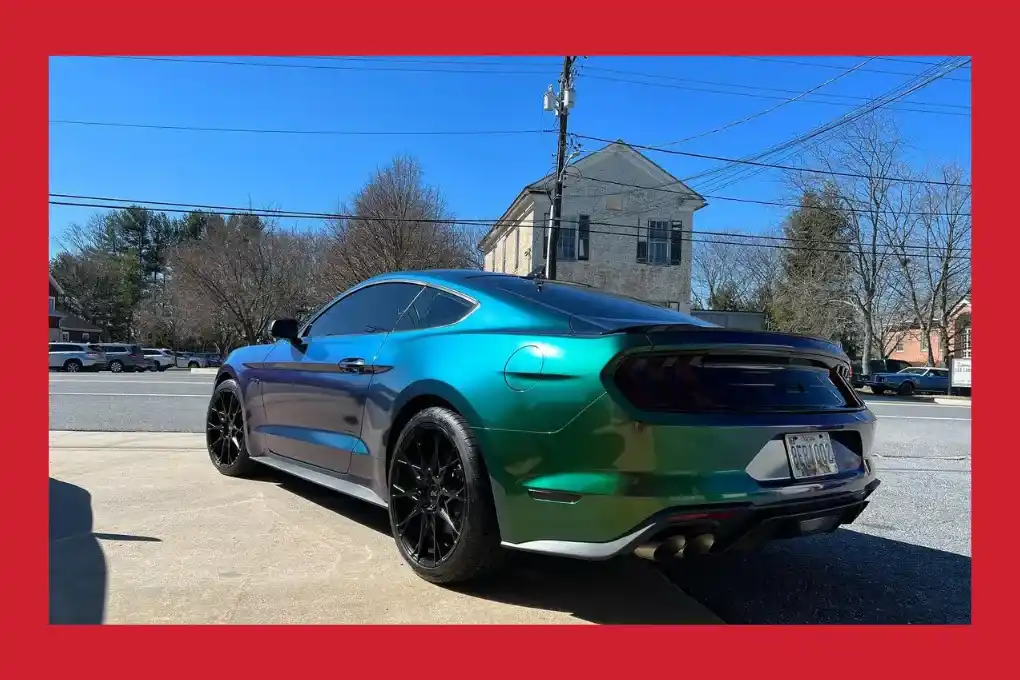
Breakdown of Car Wrap Costs:
Now that we’ve discussed the factors that affect the cost of vinyl wrapping, let’s break down the typical price range for different types of wraps.
- Full Car Wrap:
A full car wrap covers the entire surface of your vehicle, offering complete protection for the paint and allowing for a dramatic transformation. The cost for a full wrap generally ranges from $2,500 to $5,000, depending on the size of the vehicle, the quality of the vinyl, and the labor involved.
- Partial Wrap:
A partial wrap covers only specific vehicle sections, such as the hood, roof, or doors. It’s a great option if you’re on a budget or only want to add a design or logo to a portion of the vehicle. A partial wrap typically ranges from $500 to $2,000, depending on the wrapped area.
- DIY Car Wrapping:
If you’re considering wrapping your car yourself, the cost of materials is significantly lower, but you’ll need to invest in tools like a heat gun and vinyl application tools. The cost of high-quality vinyl wrapping material ranges from $500 to $1,500, depending on the vehicle’s size and the vinyl’s quality.
Remember that while DIY car wrapping can save on labor costs, it requires patience and precision. Any mistakes could result in air bubbles, wrinkles, or peeling, which may cost more in the long run if you need to redo the job.
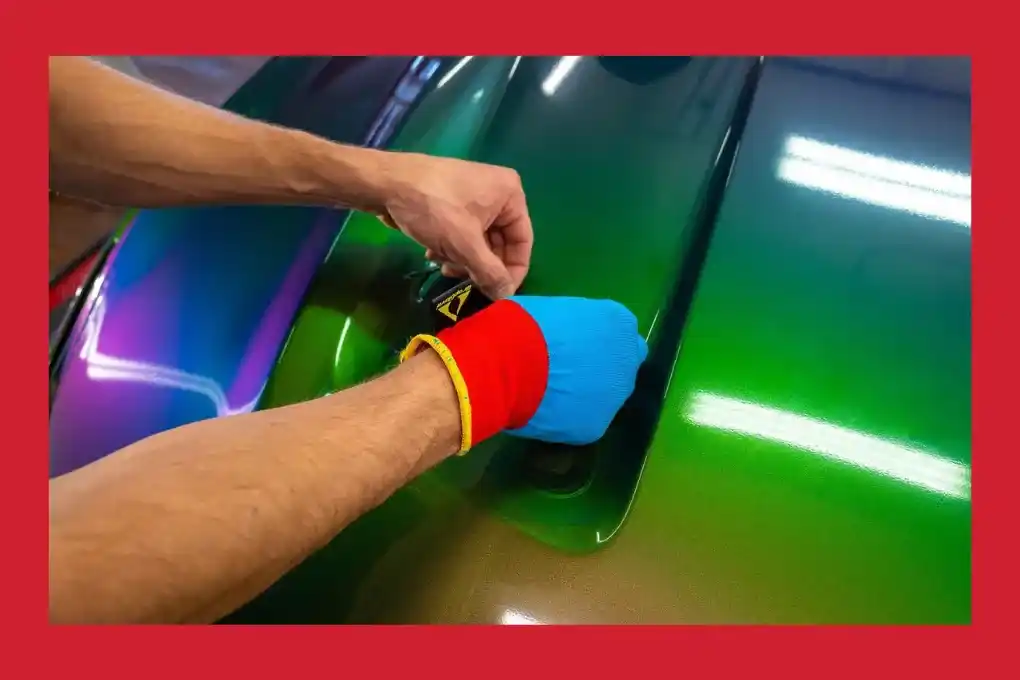
Additional Costs to Consider:
- Paint Protection Film (PPF)
You might consider adding paint protection film underneath the vinyl wrap to protect your vehicle’s paint further. PPF is a transparent film that shields against UV rays, road debris, and other environmental damage. While it adds to the total cost, it can extend the lifespan of the wrap and the underlying paint. PPF typically costs between $500 and $2,500, depending on the size of the area covered.
- Removal Costs
At some point, you may want to remove the vinyl wrap to either return your car to its original paint job or apply a new wrap. The cost of removing a car wrap ranges from $500 to $1,000, depending on the size of the vehicle and the condition of the wrap.
- Maintenance Costs
Vinyl wraps require minimal maintenance compared to paint jobs, but caring for them properly is essential to extend their lifespan. Regular washing with a mild detergent and avoiding harsh chemicals can help maintain the wrap’s appearance. Additionally, parking your vehicle in a shaded area or using a car cover can protect it from UV rays, preventing the wrap from fading or peeling over time.
Vinyl Wrapping vs Paint Job: Which Is Better?
One of the main reasons people choose vinyl wrapping over a traditional paint job is the cost difference. A high-quality paint job can cost anywhere from $3,000 to $10,000 or more, depending on the level of detail, type of paint, and finish. While paint offers a permanent solution, it’s much harder to change once applied. If you like to refresh your car’s look every few years, a vinyl wrap provides more flexibility.
Another significant benefit of vinyl wrapping is paint protection. The wrap acts as a barrier, protecting your car from minor scratches, chips, and UV damage. If your car’s paint is already in good condition, a vinyl wrap can preserve it for years. Conversely, if your vehicle’s paint has imperfections or damage, a vinyl wrap can help cover these up without needing an expensive repaint.
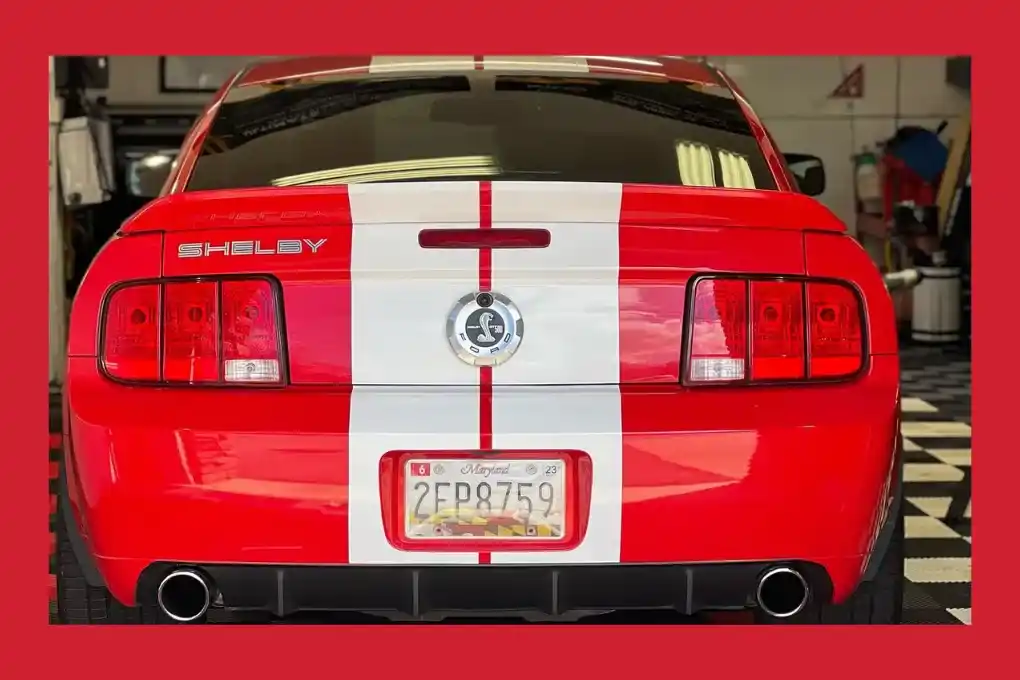
How Long Does a Vinyl Wrap Last?
When installed by professionals, a high-quality vinyl wrap can last 5 to 7 years, depending on factors like exposure to sunlight, environmental conditions, and maintenance.
The durability of a car wrap largely depends on the type of material used. UV rays are one of the most significant contributors to fading or damage over time. Cars frequently exposed to the sun, especially in warmer climates, may experience shorter wrap lifespans. Using a car cover or opting for a paint protection film (PPF) in addition to the wrap can protect both the wrap and the paint.
A critical factor in longevity is regular cleaning. Vinyl wraps are generally low maintenance, requiring routine washing to prevent dirt buildup and contaminants that could cause the material to degrade faster. Using mild soap and water or vinyl-safe cleaning products is crucial. Harsh chemicals, abrasive cleaners, or automatic car washes with brushes can damage the wrap’s surface.
Is Vinyl Wrapping Worth the Investment?
While the total cost of vinyl wrapping a car can seem high, it’s often more affordable than a traditional paint job, ranging from $3,000 to $10,000 or more for a high-quality finish.
Customization:
With countless colors, finishes, and designs, vinyl wrapping allows for a high degree of personalization.
Protection:
Vinyl wraps protect the car’s original paint from UV rays, road debris, and minor scratches, preserving its resale value.
Temporary:
Unlike paint, vinyl wraps can be removed, allowing you to change the look of your car whenever you like without affecting its original paint.
If you’re looking for an affordable, customizable, and protective solution for your vehicle’s exterior, vinyl wrapping is worth considering.
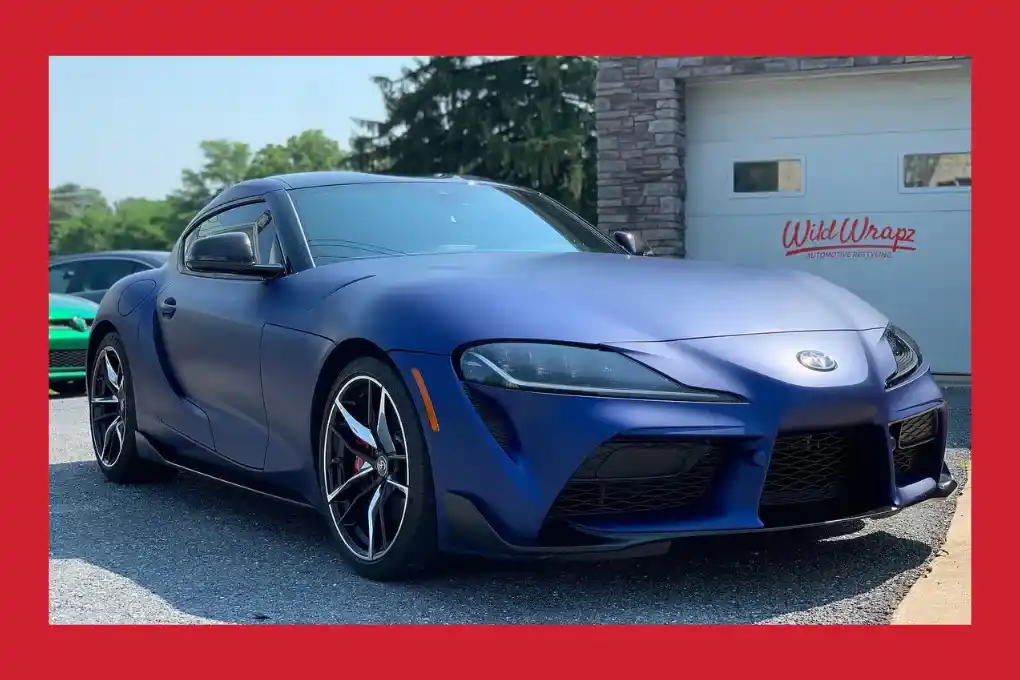
Conclusion:
The cost of wrapping a car depends on various factors, such as the size of the vehicle, the type of vinyl used, labor costs, and additional customizations you want. On average, a total vinyl wrap costs from $2,500 to $5,000, while partial wraps and DIY car wrapping can be more budget-friendly options.
Vinyl wrapping is a budget friendly option than a traditional paint job. It protects your car’s paint from damage and offers different customization options.
